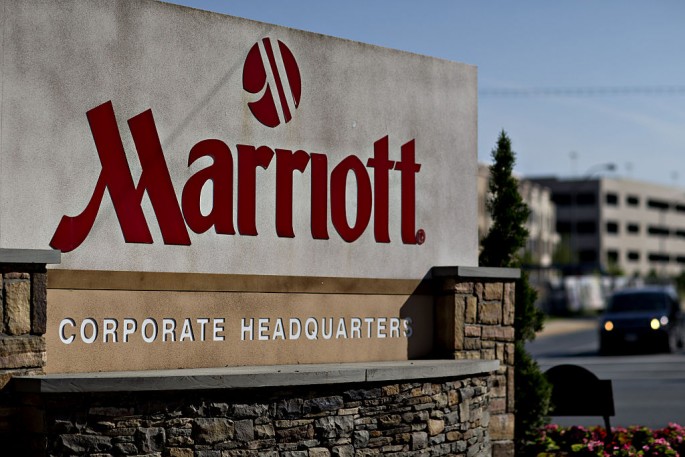Marriott International Inc's deal to buy Starwood Hotels & Resorts Worldwide Inc has received the approval of Chinese antitrust regulators, which paved the way for the merger to become the world's largest hotel chain, Reuters reported.
More than 40 countries, including the United States and Canada, have approved the deal and the review by China's Ministry of Commerce was the last remaining clearance for the deal, according to the report.
Data released last month by research firm Euromonitor International showed that the merged group has a market share of 4.1 percent, making it the largest hotel operator in China, followed by Homeinns Hotel & Management at 4 percent and China Lodging Group at 3.9 percent.
Anbang Insurance Group Co was also interested to team up with Starwood, but it withdrew from the bidding with Marriott in April.
Since China implemented its anti-monopoly law in 2008, the Ministry of Commerce has turned down two transactions, compared with the previous 1,447 unconditional clearances issued, data compiled by Norton Rose Fulbright, a law firm, showed.
The report said the deal was approved in April by shareholders of both Marriott and Starwood.
The merging of the two companies raised their valuation to $36 billion, with control to more than 5,500 hotels with 1.1 million rooms.
With the deal, Marriot will have greater access to industry markets in Europe and Latin America, as well as compete with apartment-sharing startups such as Airbnb.
The transaction between the two companies is expected to be completed before Sept. 23, when the market opens.
In late morning trading on Tuesday, Sept. 20, Marriott shares climbed 3.4 percent at $70.68 while Starwood reached 3.2 percent high at $77.47.
At least 30 brands, which include Marriott's Ritz-Carlton, Courtyard and Renaissance Hotels with Starwood's St. Regis, Sheraton and W Hotels, will be joined together by the deal.
Marriott's chief executive Arne Sorenson said the company has chosen Starwood because of its global presence, strong rewards program and popularity among younger travelers. He added that the expected merger with Starwood will help them save $250 million in annual costs within two years.
"By combining these two platforms, we will be a bigger buyer of tomatoes or reservations or systems," Sorenson told investors in April. "All of the hotels will benefit from that."




























